Cambridge Electric Cement
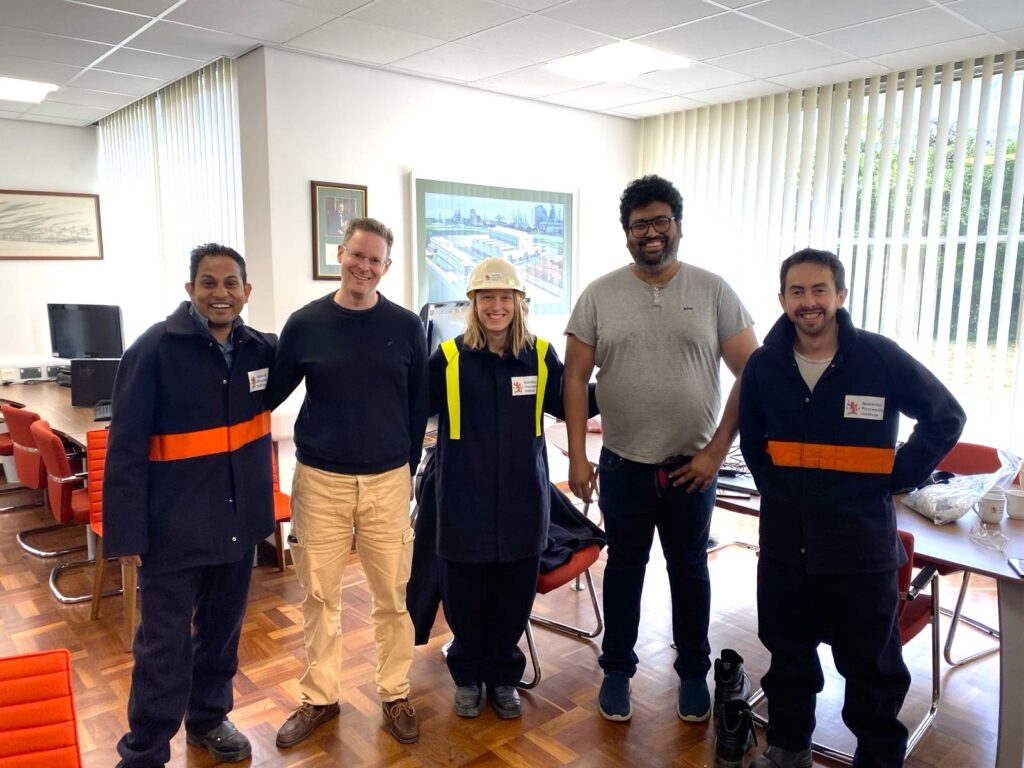
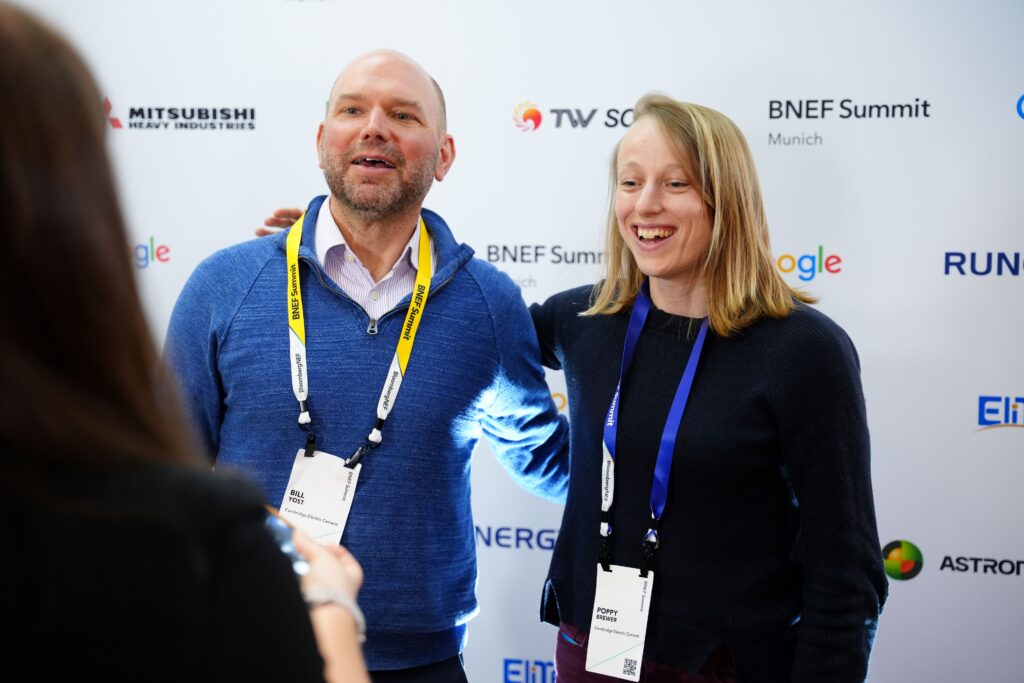
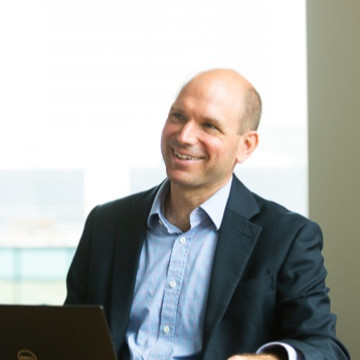
Bill Yost | Co-founder, CEO
For more than twenty-five years, Bill has been helping to bring new technologies to markets. As a Founder, Investor, Chair and Advisor, he has supported early-stage companies spanning hydrogen generation, water treatment, thermal storage and the recycling of carbon fibre.
His particular interest in circular economy propositions led him to join Cambridge Electric Cement (CEC) as CEO.
Bill is a Non-executive Director at Exergy3 and a Venture Partner at Old College Capital. He holds a BA in Physics from Cornell University, an MSc in Electrical Engineering from the University of Pittsburgh and an MSc in the Management and Regulation of Risk from the London School of Economics.

Poppy Brewer | Co-founder, COO
Poppy is a supply chain, operations and sustainability strategist, with 10+ years experience at Accenture designing and building sustainable value chains for G2000 companies. She has lead teams across a variety of industries and international settings, including Industrials, Aerospace, Consumer Goods and Life Sciences – focused on building new capabilities across sourcing and procurement, supply chain, planning, manufacturing, and logistics functions. As an ‘intrepreneur’, Poppy co-founded Accenture’s Supply Chain Decarbonisation business in 2021, which generates $100m+ revenue today.
Poppy is motivated by building great teams, creating new solutions, and delivering sustainability impact, which lead her to come on board as COO at CEC.
She holds a double first class MEng in Manufacturing Engineering from the University of Cambridge, where she first met CEC’s academic founding team.
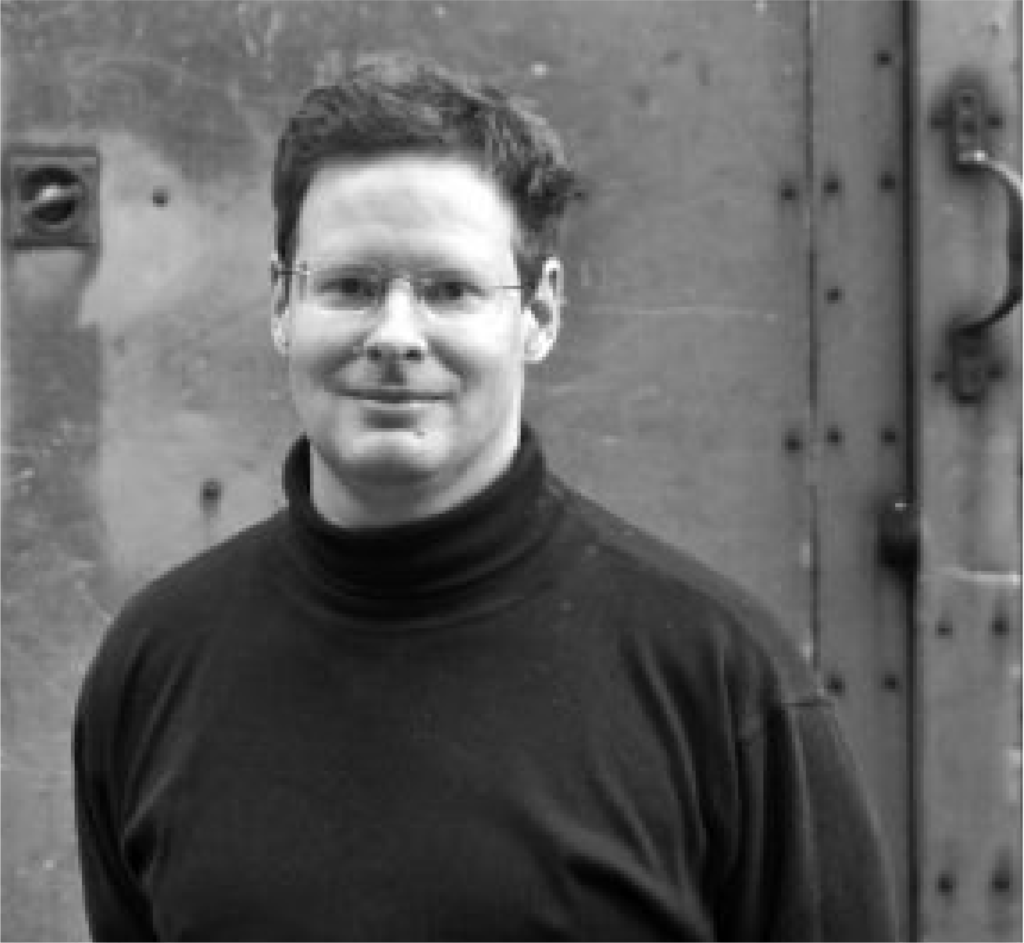
Dr Cyrille Dunant | Co-founder, CTO
Dr Cyrille Dunant is a Principal Research Associate based at the University of Cambridge, and invented CEC’s core co-production technology.
Cyrille holds a PhD in Materials Science. His background in concrete durability led him to develop an interest in design and efficient use of materials. He has worked extensively on construction materials efficiencies, focused on both cement and steel, including steel reuse, the design process in construction, and the role of material efficiency in building conception.
Cyrille joins CEC as our part-time CTO alongside continuing his university research leadership.
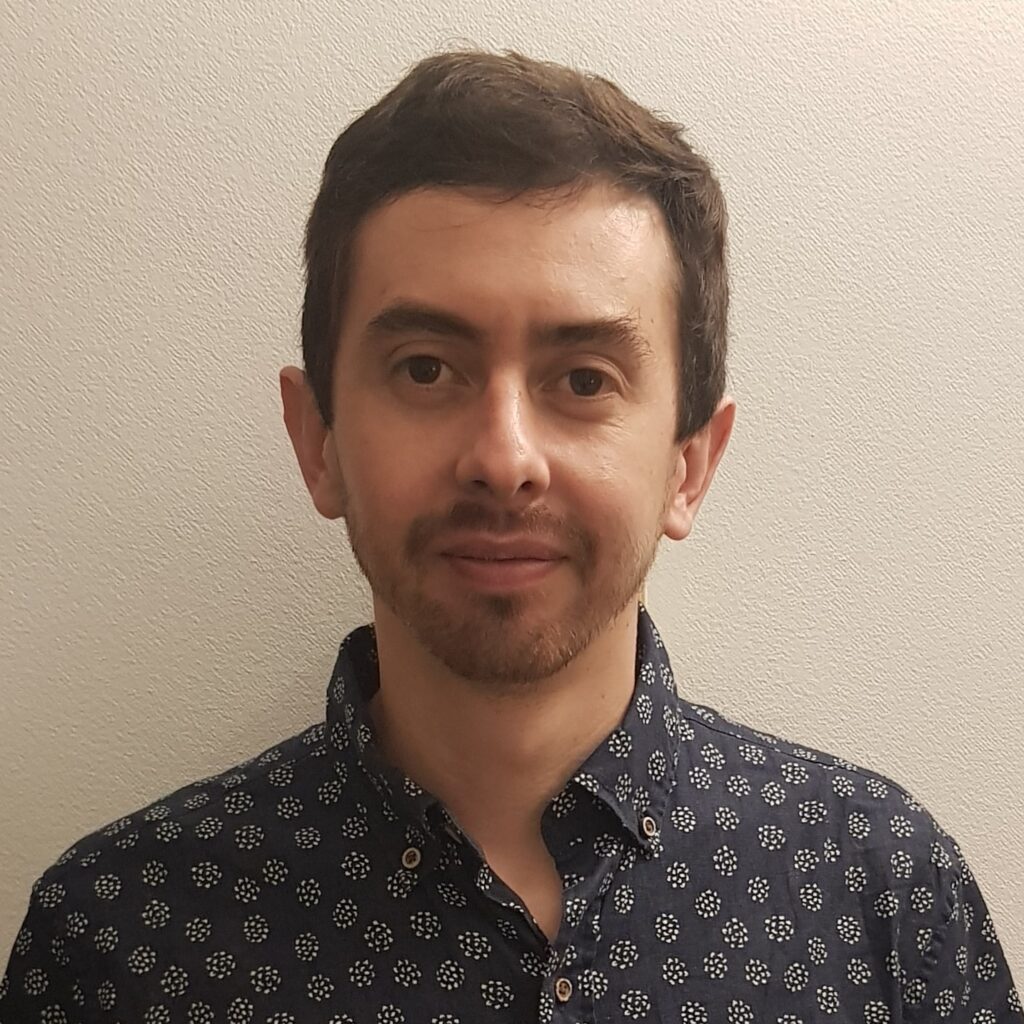
Patricio Burdiles | Project Manager
Patricio is a mechanical engineer focused on the decarbonisation of energy related processes. He has participated in academic level research related to solar energy collection; nanomaterials; low-carbon water treatment; and the profitability of energy storage and its impact on decarbonised electricity grids. He has industrial experience in the copper mining industry, including extraction and refinement processes.
Patricio is currently leading the ‘Cement 2 Zero’ (C2Z) project, a £6.5m industrial demonstrator programme, funded by InnovateUK, to commercialise our technology, and has an MPhil in Energy Technologies from the University of Cambridge.
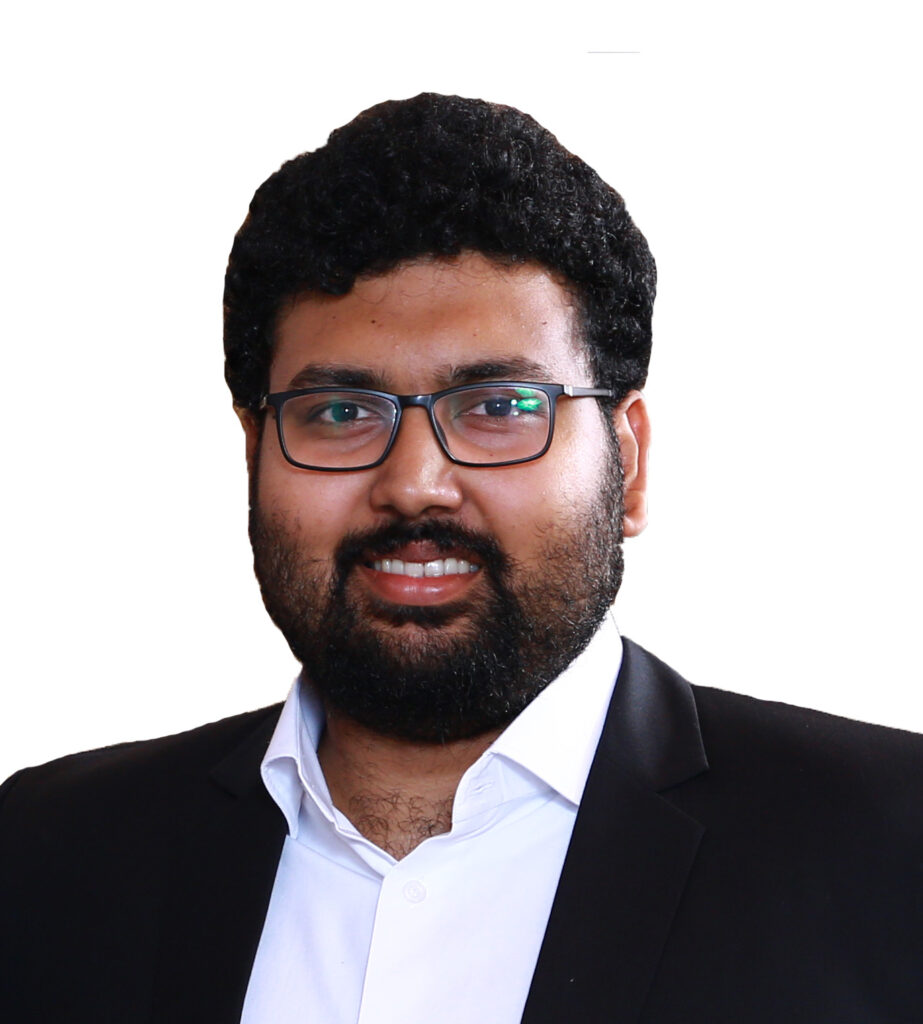
Dr Shiju Joseph | Researcher
Dr Shiju Joseph is a Research Associate at the University of Cambridge. He is interested in developing novel low-carbon and low-cost cementitious binders and characterisation of cementitious materials. Shiju has a background in civil engineering and received his PhD from KU Leuven, Belgium.
Over the years as a researcher, Shiju has been involved in developing, and understanding hydration, microstructure and durability of different low carbon cementitious binders, such as blended cements with calcined clays, alkali activated materials, hybrid cements etc., and is now applying this expertise to CEC’s product development.
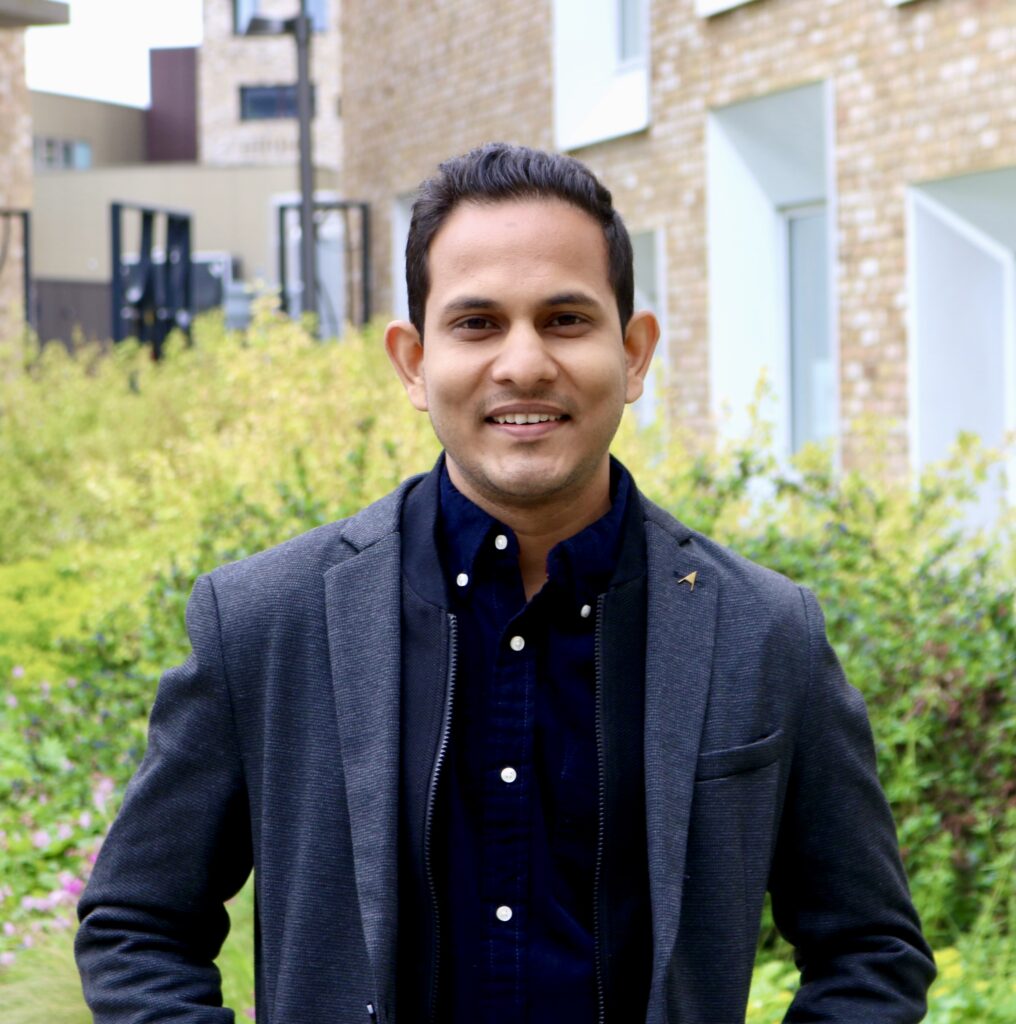
Dr Rohit Prajapati | Researcher
Dr Rohit Prajapati is currently working on the Cambridge Electric Cement project. He is interested in utilisation of construction and industrial waste materials. He has experience in concrete recycling and durability of concrete structures. His current interests are low-carbon cements and sustainability in construction industry.
Rohit received his PhD in Civil Engineering from IIT Madras, India. He has also worked in industry and has field experience working on residential building projects. He has been involved in many international research projects on concrete sustainability.
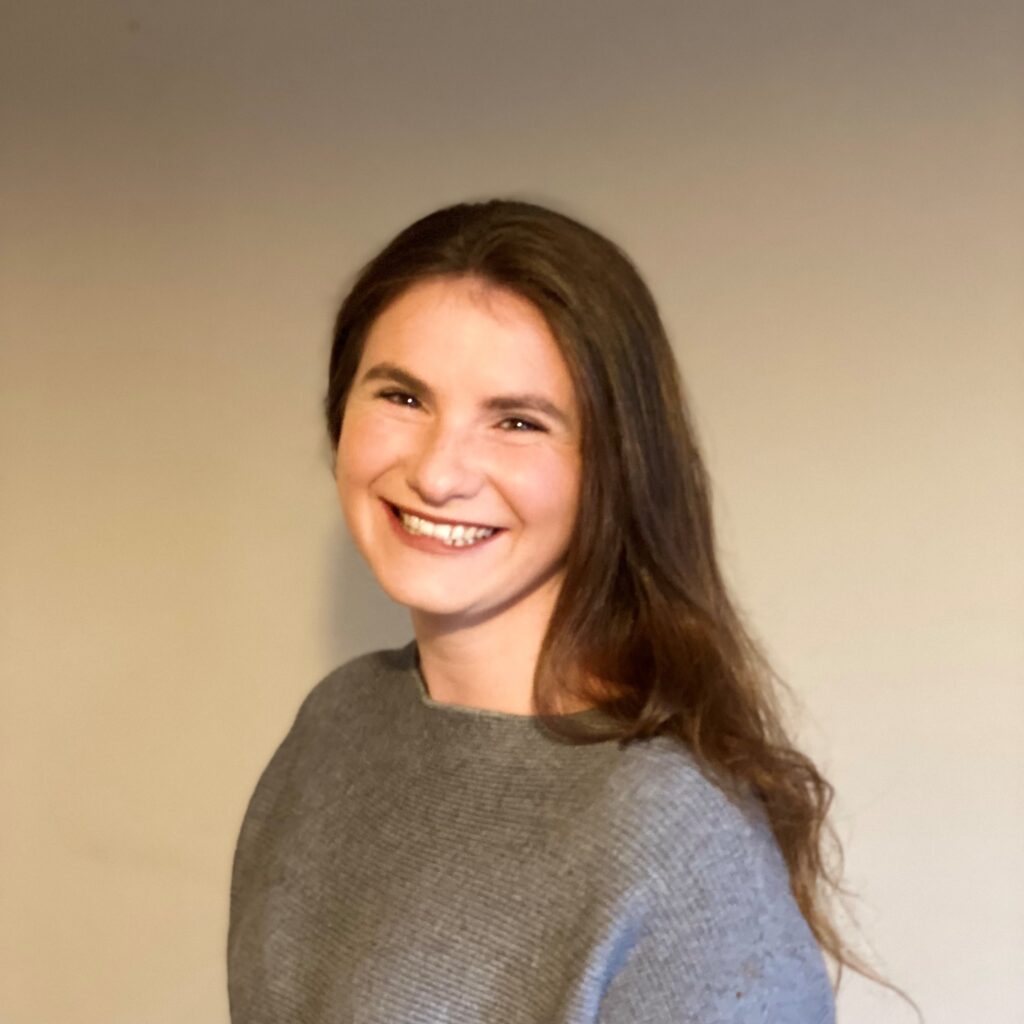
Dr Philippa Horton | Co-Founder, Advisor
Dr Philippa Horton is an experienced researcher, strategist and entrepreneur in sustainability. She is committed to enabling high impact technologies that will help us reach zero emissions.
Pippa has successfully launched three spin-out companies – Cambridge Electric Cement, Structural PANDA (structural design software for reducing embodied emissions in buildings) and DeepForm (a method for automotive metal forming with fewer production losses) – set up the C2Z industrial partnership, and today helps manage Legal & General’s $400m clean energy fund, whilst continuing to act as a non-executive advisor to CEC.
Pippa holds a PhD in efficient automotive manufacturing from the University of Cambridge, and trained with JLR as an automotive design engineer.